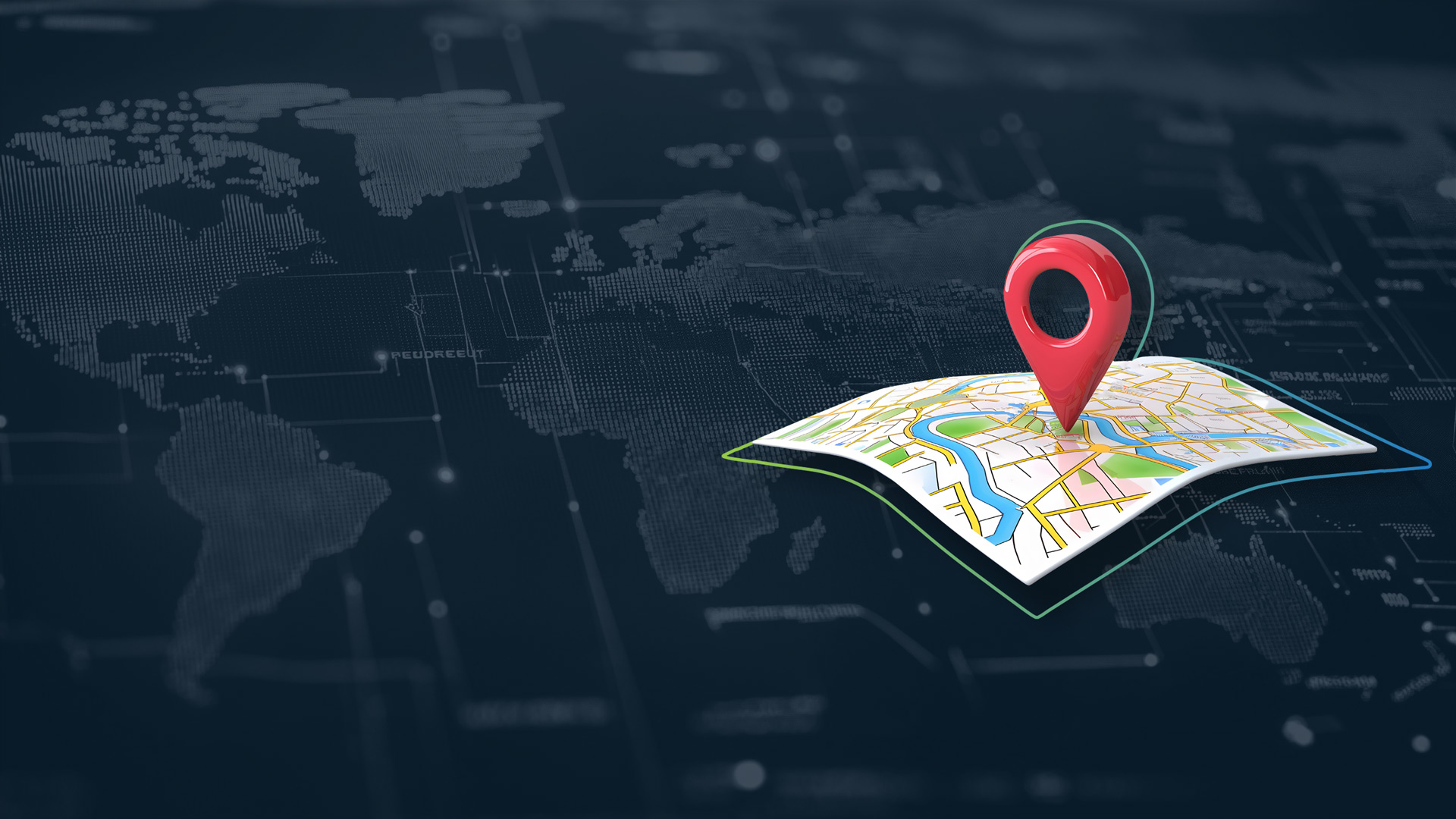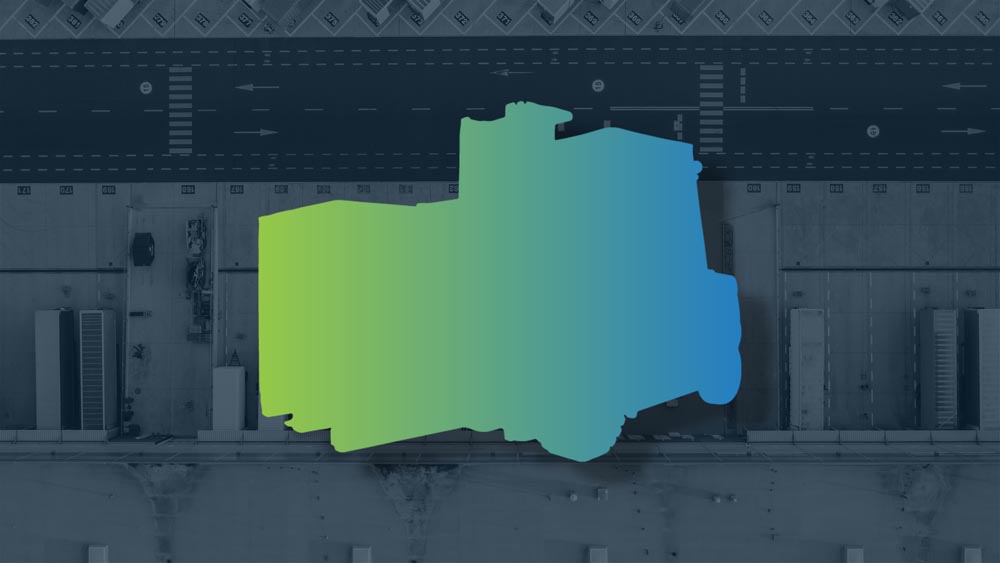
Logistics
In- and outsourcing
Opportunities and challenges in outsourcing logistics
Outsourcing logistics plays a central role in the modern supply chain, as it allows companies to focus on their core competencies while benefiting from specialized service providers. With increasing digitalization, the demands on the speed, quality and reliability of logistics processes are rising. Customer expectations of receiving goods within a few days, including same-day delivery, have risen dramatically in recent years.
By working with experienced partners, companies can increase their efficiency, optimize costs, sustainably improve their added value and thus reap the benefits of outsourcing. Logistics service providers not only contribute technological innovations, but also the flexibility to react to dynamic market requirements.
At the same time, there are also arguments against outsourcing logistics or advantages for insourcing logistics if aspects such as supply chain control, dependence on service providers, data protection risks, quality problems, complexity of process integration and loss of expertise are heavily weighted in the company. Last but not least, economic aspects always play an important role, meaning that previously outsourced processes and services may be reintegrated into the company after a certain period of time.

Philipp Carl
Senior Manager Logistics
Definition of objectives
Formulation of clear objectives in line with your corporate strategy
The objective of in- and outsourcing is to make strategic decisions to optimize resources, costs and efficiency. These logistical objectives are derived on the basis of the corporate strategy. When formulating the objectives, the company’s core competencies are strengthened, costs are reduced overall, quality standards are ensured and the flexibility of the value chain is increased. Last but not least, customer requirements must also be taken into account.
We support you in examining which processes or tasks are better handled internally or can be outsourced to external partners in order to secure competitive advantages. A clear definition of the objectives and a careful analysis of the economic efficiency as well as the potential advantages and disadvantages are essential in order to make sustainable and value-adding decisions. Legal aspects are also included in the holistic approach if general legal and specific labor law issues arise (e.g. transfer of business).
Our service packages:
- Deriving the objective from the corporate strategy
- Analysis of processes and tasks for the objectives of the in- and outsourcing strategy
- Formulation and definition of clearly understandable goals
Your benefit:
- An objective that is congruent with the corporate strategy
- Identification of the relevant processes and tasks in the company in order to formulate a suitable objective
- A clear formulation of the objective that is holistic and understood within the company
Needs analysis
Identification of potential savings and efficiency improvements in logistics
The needs analysis begins by recording the status quo of the relevant logistics processes and data. This identifies the processes, tasks or functions that have potential for optimization based on the defined objectives. We analyze your current requirements, resources and cost structures and identify where there is a need for action. We use classic and state-of-the-art methods, such as process mining, to analyze the data.
The strategic importance and risks of the areas concerned are also assessed. The aim is to create a sound basis for decision-making in order to ensure that outsourcing or internal processing makes economic, qualitative and strategic sense in the long term. A comprehensive needs analysis forms the basis for the successful implementation of the insourcing or outsourcing strategy.
Our service packages:
- Recording and analyzing the relevant logistics processes and data
- Data analysis to identify potential savings
- Assessment of strategic risks
- Creating a decision-making basis for measures
Your benefit:
- List of relevant processes in line with the formulated objective
- Analysis results of the identified logistics processes with quantitative savings potentials
- You receive an assessment of the strategic risks for in- and outsourcing initiatives
- A reliable basis for decision-making in order to implement measures directly
Make-or-buy analysis
Data-based analysis of the make-or-buy potential of your logistics
The make-or-buy analysis serves as a decision-making tool to determine whether certain logistics processes or services should be provided internally (“make”) or procured externally (“buy”). The aim is to identify the most economically and strategically sensible option. The analysis takes into account factors such as costs, quality, delivery times, available resources and risks. In addition, long-term effects on the company’s core competencies and competitiveness are evaluated.
A careful make-or-buy analysis helps to make informed decisions and optimize both costs and operational efficiency while maintaining strategic goals such as flexibility and innovation. Among other things, we use a cost-benefit matrix to clearly show the results. In a further development, an analysis for the snapshot can also be supplemented with sensitive parameters and factors. This makes it possible to examine different scenarios and determine the operating point at which outsourcing or integrating logistics processes will generate benefits.
Our service packages:
- Preparation of a specific make-or-buy analysis
- Creation of a decision-making basis for insourcing or outsourcing
- Development of a sensitivity analysis for variant considerations
Your benefit:
- You receive a transparent and specific make-or-buy analysis
- A reliable basis for deciding whether to insource or outsource
- An analysis tool with sensitive parameters to view variants
Risk management
Identify, evaluate and minimize risks in insourcing and outsourcing
Before possible implementation initiatives, it is essential to carry out thorough risk management when insourcing and outsourcing logistics processes. Anyone rushing into implementation runs the risk of burdening the existing logistics system with unknown consequences. With insourcing, the risk lies in high investments and limited flexibility, but it offers full control over the processes. Outsourcing minimizes investment costs and increases flexibility, but involves risks such as dependence on service providers, loss of quality, interface or data protection problems.
Measures such as a comprehensive supplier check, clear contract design and regular monitoring are essential. We create scenario analyses and contingency plans to minimize potential disruptions in the supply chain. A balance between cost, control and flexibility is crucial to effectively manage risks.
Our service packages:
- Creation of specific risk management
- Carrying out a variant-dependent risk analysis
- Creation of a catalog of measures based on the identified risks
- Conducting a scenario analysis and creating emergency plans
Your benefit:
- Specific risk management for your objective and the planned measures
- A reliable risk analysis specific to the necessary variants
- Catalog of measures for the identified risks
- Minimizing potential disruptions
Provider analysis and selection
Selection of an optimal partner for your outsourced logistics processes
A thorough market analysis helps to find the ideal partner that supports the strategic goals and can overcome the necessary logistical challenges. This analysis and selection process requires a systematic approach and evaluation in order to find the best solution from the large selection of providers on the market. We create a detailed market screening based on our Rothbaum database as well as a comprehensive specification sheet or bill of quantities, which forms the basis for the tendering process. Potential service providers are identified on the basis of defined requirements and evaluation criteria. We use a long list and short list to identify suitable favorites. These providers are put through their paces in a beauty contest.
Important criteria in the provider analysis are costs, quality, flexibility and process and technological expertise. Other factors include specific experience in the relevant logistics processes as well as sufficient performance and references. Contractual aspects such as service level agreements (SLAs), transparency and long-term partnership potential are also crucial.
Our service packages:
- Application of structured procedures with defined evaluation criteria
- Carrying out a thorough market analysis using the Rothbaum database
- Creation of a specification sheet or bill of quantities for the tendering phase
- Reduce potential suppliers via long and short lists
- Accompanying and conducting beauty contests
Your benefit:
- Security in the selection process thanks to our proven structured approach
- A comprehensive market analysis with little effort
- A transparent selection process with the opportunity to get involved at any time
- Creation of a reliable basis for decision-making when selecting providers
Implementation of the measures
Implementation support for the introduction of your future in- or outsourcing strategy
After the detailed preparatory work, the final step is the implementation of the developed measure. Depending on which process or service is to be outsourced or integrated, implementation can be complex and multi-layered. It requires well-structured project management in order to adequately control all aspects of the organizational change.
The change in logistics processes has an impact on parts or the entire supply chain, on the IT systems and interfaces, on logistics KPIs and on the organization within the company. In addition, risks in the logistics system shift. However, thanks to the structured preparatory work, the new risk distribution is known and can be taken into account in day-to-day business. Established KPIs and the evaluation criteria from the objectives are used to check whether the measure is effective and sustainable.
Our service packages:
- Implementation support through professional project management
- Involvement of all relevant and affected stakeholders
- Ensuring sustainable cost optimization
Your benefit:
- Certified, experienced project managers for smooth implementation
- Implementation with a strong focus on the defined objective
- Minimal negative impact on your organization as a result of the process change
- Sustainable cost savings and increased competitiveness
What are the advantages and disadvantages of outsourcing in logistics?
Outsourcing in logistics can reduce costs, increase flexibility and benefit from specialized service providers, but involves risks such as loss of control, dependence on service providers, data protection risks, quality problems and challenges at the interface to outsourced processes.
What are the advantages and disadvantages of insourcing in logistics?
Insourcing in logistics offers advantages such as more control, greater flexibility, controlled quality assurance and the avoidance of interface problems, but also entails disadvantages such as high fixed costs, capital commitment and possible efficiency losses due to a lack of economies of scale.


